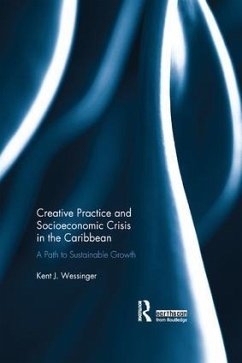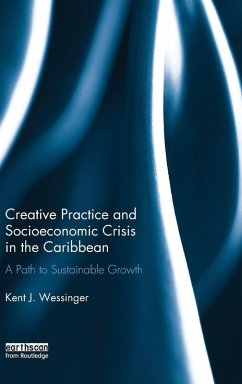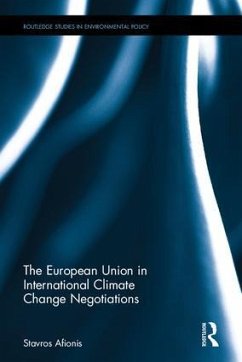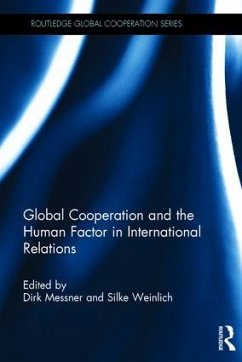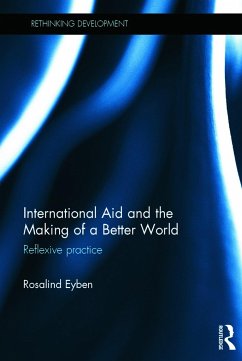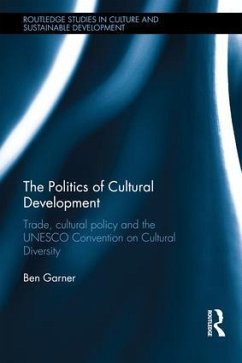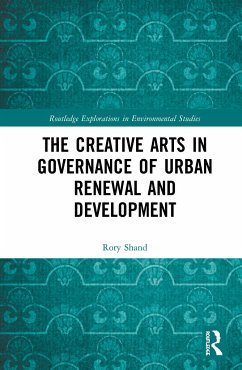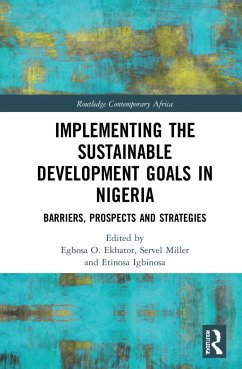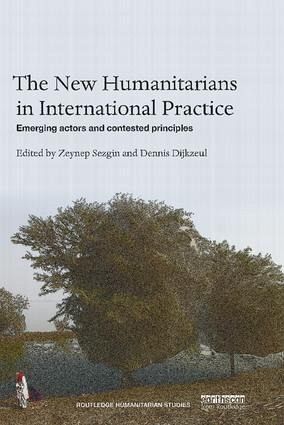
The New Humanitarians in International Practice
Emerging actors and contested principles
Herausgeber: Sezgin, Zeynep; Dijkzeul, Dennis

PAYBACK Punkte
98 °P sammeln!
As humanitarian needs continue to grow rapidly, humanitarian action has become more contested, with new actors entering the field to address unmet needs, but also challenging long-held principles and precepts. This volume provides detailed empirical comparisons between emerging and traditional humanitarian actors. It sheds light on why and how the emerging actors engage in humanitarian crises and how their activities are carried out and perceived in their transnational organizational environment. It develops and applies a conceptual framework that fosters research on humanitarian actors and th...
As humanitarian needs continue to grow rapidly, humanitarian action has become more contested, with new actors entering the field to address unmet needs, but also challenging long-held principles and precepts. This volume provides detailed empirical comparisons between emerging and traditional humanitarian actors. It sheds light on why and how the emerging actors engage in humanitarian crises and how their activities are carried out and perceived in their transnational organizational environment. It develops and applies a conceptual framework that fosters research on humanitarian actors and the humanitarian principles. In particular, it simultaneously refers to theories of organizational sociology and international relations to identify both the structural and the situational factors that influence the motivations, aims and activities of these actors, and their different levels of commitment to the traditional humanitarian principles. It thus elucidates the role of the humanitarian principles in promoting coherence and coordination in the crowded and diverse world of humanitarian action, and discusses whether alternative principles and parallel humanitarian systems are in the making. This volume will be of great interest to postgraduate students and scholars in humanitarian studies, globalization and transnationalism research, organizational sociology, international relations, development studies, and migration and diaspora studies, as well as policy makers and practitioners engaged in humanitarian action, development cooperation and migration issues.






